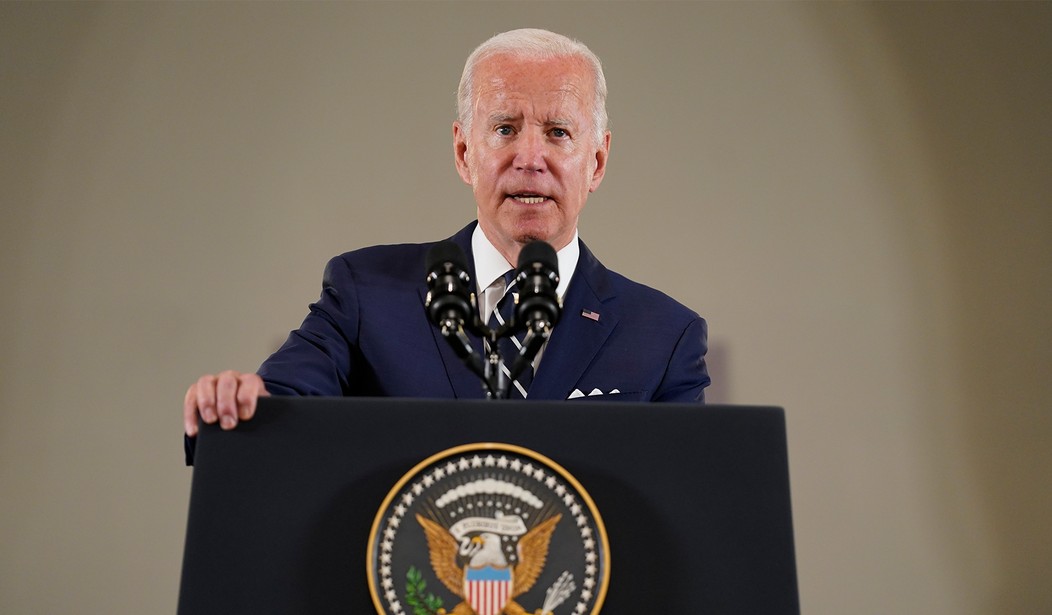The Biden administration says it will extend the COVID-19 public health emergency through next April.
The reason for the delay is that the administration has been dilly-dallying about turning over certain pandemic-related responsibilities to the private sector. It wasn’t until August that the administration had its first sit-down with drugmakers, pharmacies, and other stakeholders in the healthcare industry to determine the best way to transfer vaccines, tests, and other pandemic-related infrastructure to the private sector.
Now, nearly three months later, no plan has been forthcoming.
There is some urgency to this task as the GOP in Congress refused the administration’s request for $10 billion in pandemic-related funding. Republicans say the administration hasn’t spent all the money previously authorized for the pandemic.
Discussions have occurred for months about when the emergency designation should end as the pandemic continues in its third year. President Joe Biden himself declared the coronavirus pandemic “over” in an off-the-cuff remark during a 60 Minutes interview last month, adding that the United States continued to have a “problem with COVID” but that the country had returned to normalcy with large events.
House Energy and Commerce Committee ranking member Rep. Cathy McMorris Rodgers (R-WA) and health subcommittee ranking member Rep. Brett Guthrie (R-KY) said last month that the administration lacked the justification to continue the emergency.
Slow-walking the transition from public to private funding for pandemic-related healthcare is to be expected. Some states still have their own public health emergency to protect, and as long as states still have restrictions — and possess the power to shut everything down without a vote by the legislature — the federal government will retain its authority as well.
The continuation of the emergency authorization means that tests, vaccines, and treatments will likely remain free to the public. It also extends a practice that requires states to offer continuous enrollment for Medicaid and CHIP, public health insurance programs for low-income people, in order to receive additional federal funding, allowing some people who may have exceeded the income levels to qualify without a temporary or permanent lapse in coverage.
It’s unclear how much the COVID-19 vaccines, tests, and treatments will cost after the transition, but Pfizer already announced it plans to sell its COVID-19 shot with BioNTech for roughly $110 to $130 for adults, meaning that most people with health insurance will likely pay a fraction of that cost or nothing at all.
It’s not like we didn’t expect the reluctance by Washington and the states to give up this power even when the pandemic was over. Once the people cede power to the government, is not readily returned. Some states have already reformed the process by which a governor can declare a health emergency, making it harder to initiate and limiting the scope of a governor’s powers.
It’s time Congress did the same.










Join the conversation as a VIP Member